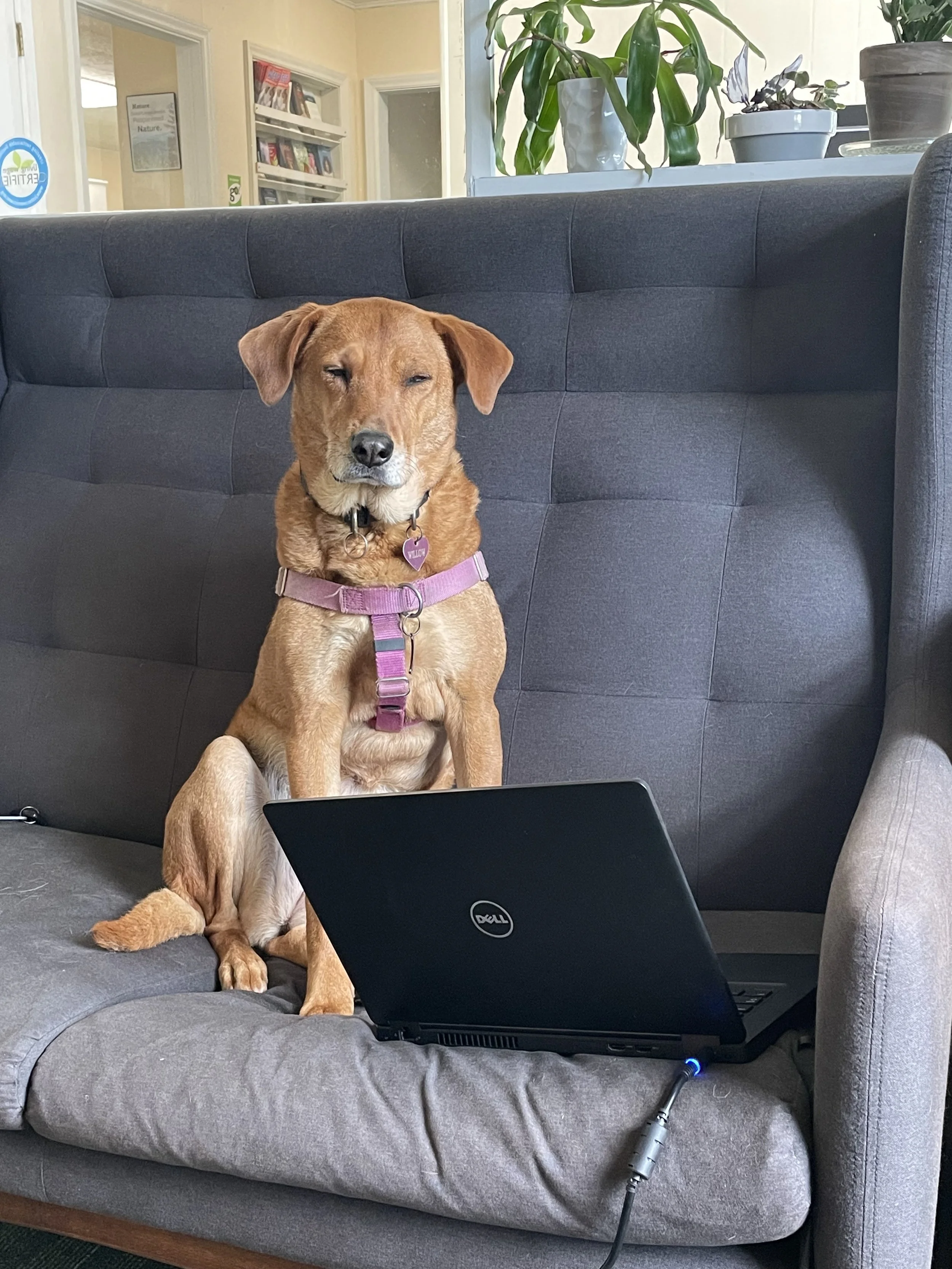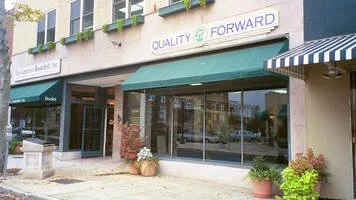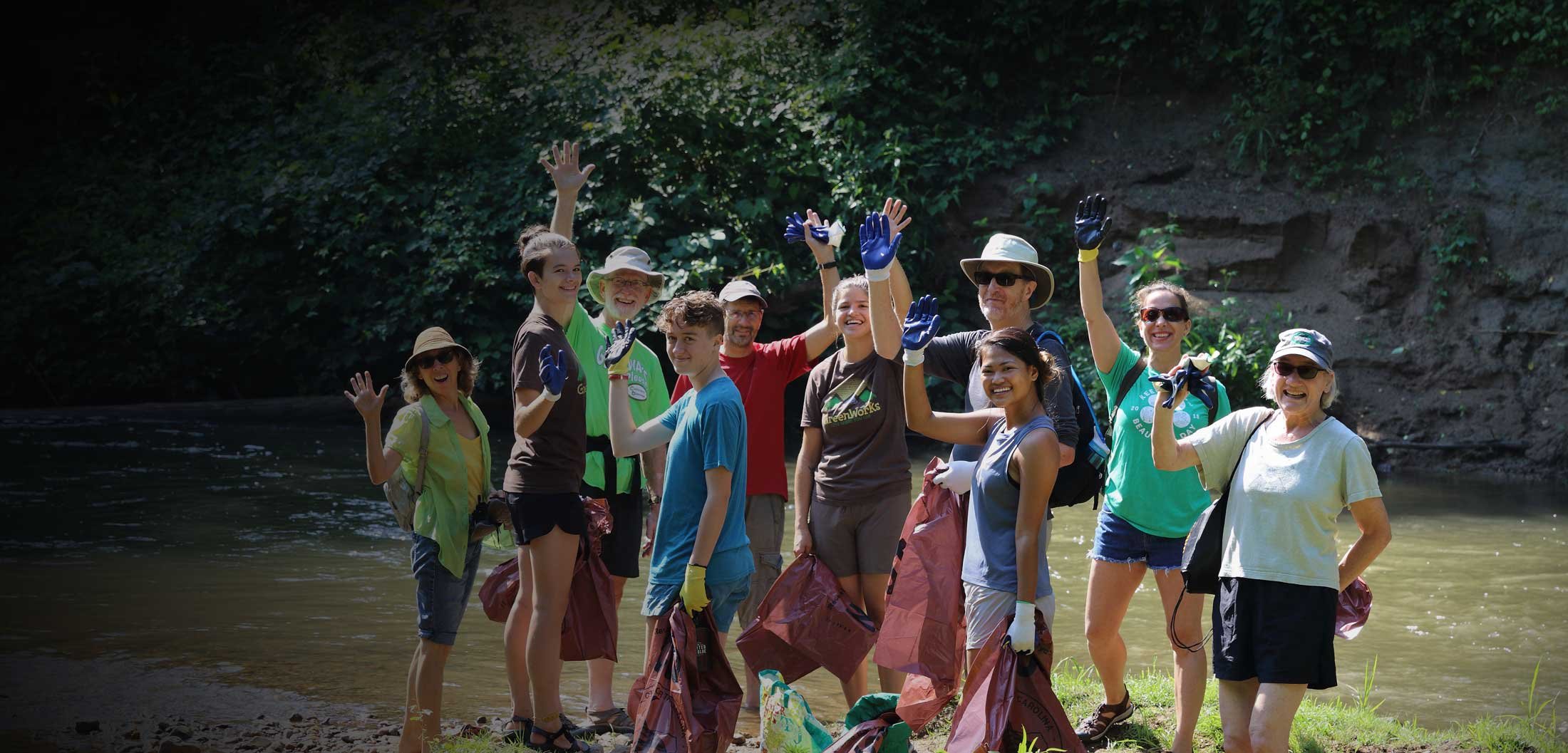
About Us
GreenWorks is a Community of Action Takers.
GreenWorks is a community of action takers. Each hour or dollar we devote to taking care of our urban environment adds up to a healthier, more resilient future for all of us.
We’re so proud of our GreenWorks family, like you, for putting their concern for the environment into action.
What We Do
YOU:
Grow and plant urban trees to protect us from extreme heat and flooding.
Plant habitats to feed the native pollinators that run our food ecosystem.
Keep recyclables out of the landfill and clean up our roadsides and waterways.
Educate and inspire others to take action to protects the natural resource systems we rely on.
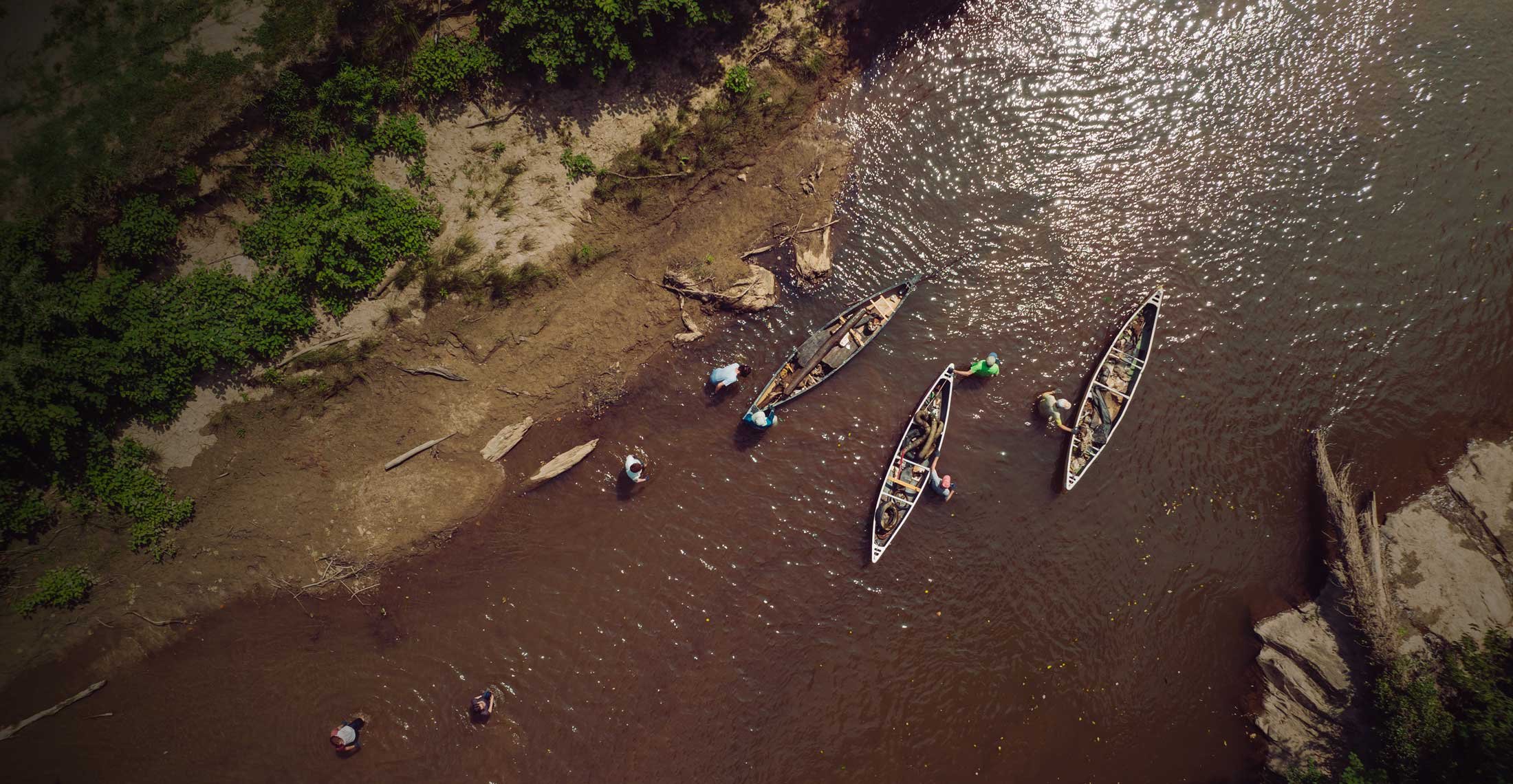
As Asheville experiences more extreme weather, more action is required to protect the environment that sustains us.
More is More
The more native trees we plant, the more we protect pollinators, the more we clean up our rivers, the more we keep waste out of the landfill — the more easily we can recover from excessive rain, extreme heat, and other effects of a changing climate.
Our Impact
Since 1973, we’ve inspired, equipped and mobilized our community to take care of the places we love.
-

50,195
Native Trees Planted
-

150,000+
Volunteers Mobilized
-

6,860
Miles of River Cleaned
-

2.4 million
Pounds of Trash Collected
-

1 million
Pounds Diverted from the Landfill (since 2011)
-

10,000
Students per Year Served by our Education Programs
Mission
Asheville GreenWorks inspires, equips, and mobilizes communities to create an equitable, climate-resilient future.
Vision
A climate-resilient community for all.
Core Impact
Through community engagement we create four core impacts:
Community-Scale Climate Resilience
Empowered Communities
Systems Change
A Healthy Environment
Strategic Vision
Our Commitment to Racial Equity
We are committed to antiracism.
We are committed to advancing equity as an intersectional issue, understanding the foundation of all equity work is antiracism, due to the dominance of white supremacy in all systems of oppression.
We know the diversity of experiences, ideas, individuals, and organizations in our community
and the sector makes us stronger together. To create a more just and engaged world, we must embrace and celebrate diversity, practice inclusion, and exercise our role as a champion of equity.
We accept that our commitment to antiracism means a commitment to constant learning. We will make mistakes, but we are determined to learn from them and to improve.
To be transparent and realistic, we also acknowledge that our capacity as an organization means we cannot always implement measures to the standard we would wish. For example, we wish we could provide content in multiple languages but this isn’t feasible for every project. We are accountable to ourselves, both as staff and board, and to the community, and create regular opportunities for reporting on our work, progress, mistakes, and plans.
Equity in Action
Antiracism is an evolving practice.
To meet our own commitments, Asheville GreenWorks is continually seeking ways to strengthen our organizational policies, practices, and structures to support our racial justice and environmental justice goals.
These efforts are led by our Executive Director and Operations Manager with input and guidance from our Equity Committee, which is composed of board and staff members.
GreenWorks has also invested in expert guidance to create a handbook of resources to inform the practice of antiracism in our organization. This handbook also lays the foundation for a shared language and understanding of diversity, equity, and inclusion.
We have sat together in brave, earnest collaboration to create this racial equity statement and operational commitment.
We have engaged an external facilitator to lead board and staff in an Racial Equity training, and as part of the process, identified opportunities to improve our programs, practices, and policies from a critical racial equity perspective.
We plan to engage another external facilitator to guide our staff and board through a process to refine our programs and practices so they operate in full integrity with our diversity, equity, and inclusion lenses.
We are working with a human resources consultant to develop a staff and board member on-boarding sequence grounded in our values and commitments for equity, diversity and inclusion in every aspect of our organization.
This commitment is not to help us “remember equity,” but a public commitment to our community and an invitation for accountability. We encourage and invite your feedback and partnership. To support accountability and to be accessible as we continue to do this work, we hope that you will share your ideas, questions, and experiences with us.
Values
COMMUNITY
We celebrate the unique gifts and experiences each member of this community contributes to creating a climate-resilient future.The responsibility to our environment and to each other requires a collective commitment to take action.
In action: We work to ensure all our neighbors can benefit from a thriving, healthy, and abundant environment.
EQUITY
Climate resilience looks different for different people. We are committed to investing in transformational relationships that center the needs of those most impacted by the pressures of a changing climate.
In action: We work towards changing policies, practices, systems, and structures to ensure everyone in our communities can share in the benefits of a healthy environment.
ADAPTABILITY
Our environment is in a state of emergency. To be effective, we must be responsive to the continually changing needs of our community.
In action: We orient our programs and activities toward treating the root causes of our most pressing environmental challenges and work to create lasting, tangible results.
HUMILITY
The future we face promises unprecedented challenges and no one has all the answers. To meet this uncertainty head on, we commit to learning through experience, finding opportunities in failure, and designing solutions tailored to the circumstances at hand.
In action: Recognizing that the best solutions to the region's climate-related disruptions will come from the people most directly impacted by them, we work in partnership with frontline communities to co-create solutions to the challenges of a changing climate.
Our Staff
-

Amaya Tipps
WATERSHED OUTREACH COORDINATOR
-
Carrie Harmon
DONOR STEWARDSHIP COORDINATOR
-

Christine Stowe
BOOKKEEPER
-

Eric Bradford
DIRECTOR OF OPERATIONS
-
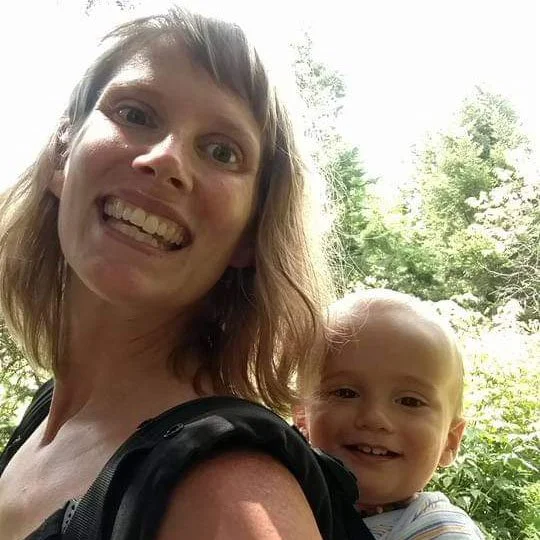
Megan Ward
MARKETING AND DEVELOPMENT DIRECTOR
-

Sara Millar
COMMUNITY FORESTRY AND NURSERY MANAGER
-

Gracie Mae
DIRECTOR OF SNUGGLES
-
Willow Bee
HEAD OF SECURITY
-

Pocket
CHIEF FETCH OFFICER
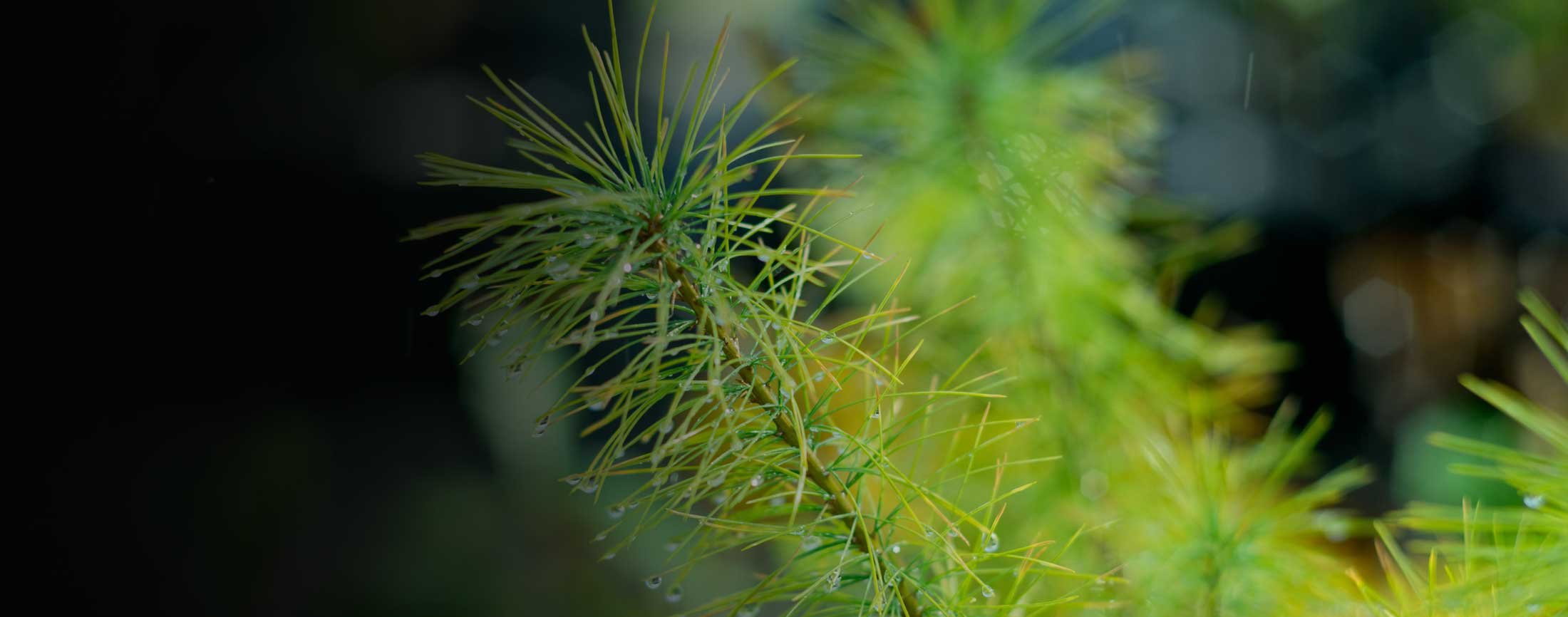
2025 Board of Directors
Chair
Jenny Abla
Black Mountain Arborists
Vice Chair
Gillie Roberts
Ware
Secretary
Philip Blocklyn
AGW StreamKeeper & TreeKeeper
Sophie Mullinax
Solar Crowdsource
Ben Colvin
Devil's Foot Brewing
Jen Richter
Sauna House
Mark Bigelow
Hickory Nut Gap
Gina Miceli
Whistle Hop Brewing Company
Todd Dunnuck
MTN Land Properties
Mike Falknor
SCS Engineers
Carol Ann Lydon
Justine Carlisle
Bob Dennis
Richard Moseley
Community-Led Committees
GreenWorks also convenes volunteer committees dedicated to specific environmental priorities.
Treasured Tree Committee
Our Treasured Tree Committee leads our efforts to honor rare, special, or ancient trees planted throughout Buncombe County. By designating a tree on their property as a Treasured Tree, residents call attention to their unique value and legacy. Our goal in honoring our Treasured Trees is to inspire new residents to join our commitment to preserving these irreplaceable trees.
Job Openings
To apply for a current opening, choose the job title you are interested in and click for the description, requirements and application process.
Federal law requires all employers to verify the identity and employment eligibility of all persons hired to work in the United States. A conviction record does not automatically eliminate you from employment consideration.
Asheville GreenWorks values a diverse workplace and strongly encourages women, Black, Indigenous and People of Color, LGBTIA+ individuals, people with disabilities, foreign-born residents, and veterans to apply. Asheville GreenWorks is an equal opportunity employer. Applicants will not be discriminated against because of race, color, creed, sex, sexual orientation, gender identity or expression, age, religion, national origin, citizenship status, disability, ancestry, marital status, veteran status, medical condition or any protected category prohibited by local, state or federal laws.
Asheville GreenWorks is Living Wage Certified by Just Economics of WNC.
Contact Us
Asheville GreenWorks is a 501(c)3 registered environmental non-profit governed by a Board of Directors. Our Federal EIN is 56-1672870
Mailing address:
2 Sulphur Springs Road, Asheville, NC 28806
Ph 828-254-1776
Hours:
Monday through Friday
9 am to 5 pm
FAQs
-
Yes.
-
Asheville GreenWorks inspires, equips and mobilizes communities to create an equitable, climate-resilient future.
-
Your gifts go right back into the community through our programs to plant native trees, protect native pollinators, reduce the waste we send to the landfill, and keep litter out of our waterways.
-
Please refer to the list above to see our amazing staff and our Executive Director!
-
Great question! Check out our Reduce Your Waste page for all the hot tips.
-
We always keep a full calendar of programs and projects. If you’d like to partner with us, please submit a partnership request form.
-
-
-
Log in to your donor portal here, add a new payment method, and then edit your recurring gift to select the new payment method.
-
Federal EIN# 56-1672870
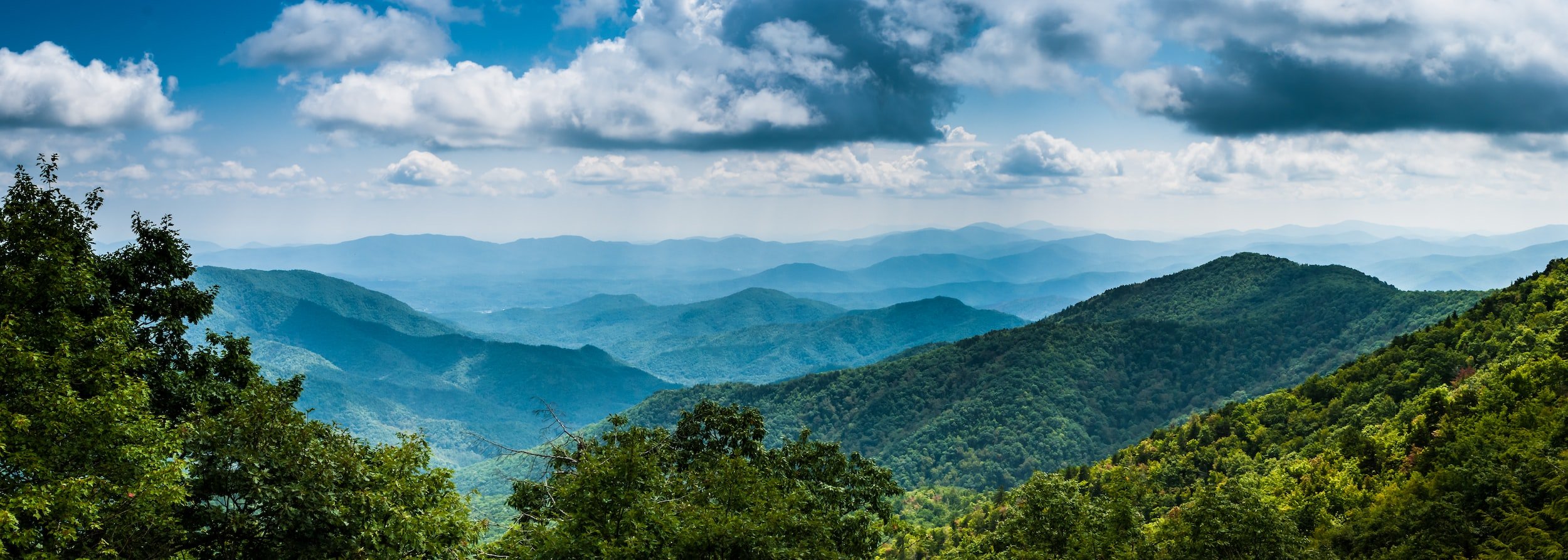
News + Blog + Media
Keep updated on all our events and activities. Sign up for our newsletter and visit our blog!
Our History
Deep Roots - Quality '76
In 1972, a group of dedicated volunteers sat down together to ask what they could do to create a more resilient future for Asheville.
At that time, tree canopy loss and roadside and riverborn litter were the most pressing environmental problems they could address. In 1973, Asheville GreenWorks began as Quality '76 with a $2,000 grant from Wachovia Bank under the umbrella of the Asheville Area Chamber of Commerce.
We all deserve to live in a beautiful, healthy place. Our founders brought that value to life by committing to an ambitious goal to clean up and plant as many trees as possible in the city in advance of the nation's Bicentennial in 1976.
First projects
For their first project, the newly formed Quality ‘76 bravely embraced the most ambitious goal they could – a deep cleanup of the then-polluted Swannanoa River.
With hundreds of volunteers and help from scuba divers and towing companies, they began the task of hauling decades of trash out of the river.
The group started in a section of the river by the old Sayles Bleachery (now Walmart), spending that first summer extracting cars, appliances, construction waste, and household garbage from the river. Our 50-year history of regular river cleanups and devoted water quality stewardship was born!
Moving Forward
The visionary leaders of Quality ‘76 met their goals for America’s Bicentennial, but recognized that no one cleanup—or any one isolated act of environmental advocacy—would ever reverse the damage done in the prior decades.
They began to look forward, and embrace bigger, more ambitious goals to prepare Asheville for a future in which everyone could thrive. They developed stewardship programs to care for the French Broad River watershed and the city’s urban tree canopy, which are still in existence today. They also worked with neighborhood groups
In 1979, Quality ‘76 joined with the National Arbor Day Foundation to designate Asheville as "Tree City USA" The City of Asheville has been honored with this award every year since 1979 for our collective efforts to plant, preserve, and honor our urban trees.
The next time you’re in downtown Asheville, take note of the trees. While many of the trees we planted in the 1970s had to be replaced during needed sewer upgrades to downtown, several of the larger trees you see —check out the ones around Pritchard Park—were planted nearly 50 years ago by a dedicated volunteer team who were concerned about climate change and invested in those trees to provide a cooler, flood-resilient future for downtown Asheville.
They also chose a new name for the organization, "Quality Forward,” to reflect their future-focused vision for a resilient future for Asheville. From 1976 to 2007 Quality Forward was a name that meant education, beautification, advocacy, and environmental stewardship. We’re most proud to have supported a community of dedicated volunteers who took action to protect and restore their homes, now and for the future.
Many programs started in those early days are still mainstays today. Adopt-a-Street, Clean Streams Day, NC Big Sweep River Cleanup, Arbor Day Celebration, Earth Day, Tree City USA and the Great Asheville-Buncombe Cleanup.
Becoming GreenWorks
In 2007, our Board of Directors chose to change our name again to reflect our focus on the action taken by our dedicated volunteer community.
By then, the world looked very different than it had in 1976, and new priorities had emerged. However, our leadership team was still focused on the environmental priorities that would create a future for Asheville in which everyone could thrive.
With new priorities came new programs:
Waste Reduction programs, like Hard 2 Recycle and Mind Your Plastic May
Urban Forestry programs, like our TreeKeepers volunteer team and Community Food Tree Project
River & Road programs, like Adopt-a-Street and the Spring Downtown Lunchtime Cleanup
Education programs, like our YELP internship for BIPOC youth and tree activity library backpacks for kids.
Water Quality programs, like our StreamKeeper volunteer team and Trash Trout litter collection device.
To this day, Asheville GreenWorks remains the most active environmental volunteer organization in Western North Carolina. Consider joining the tens of thousands of volunteers who have worked for a resilient future or support our efforts with a gift. We need both to create a climate-resilient future for our home!






